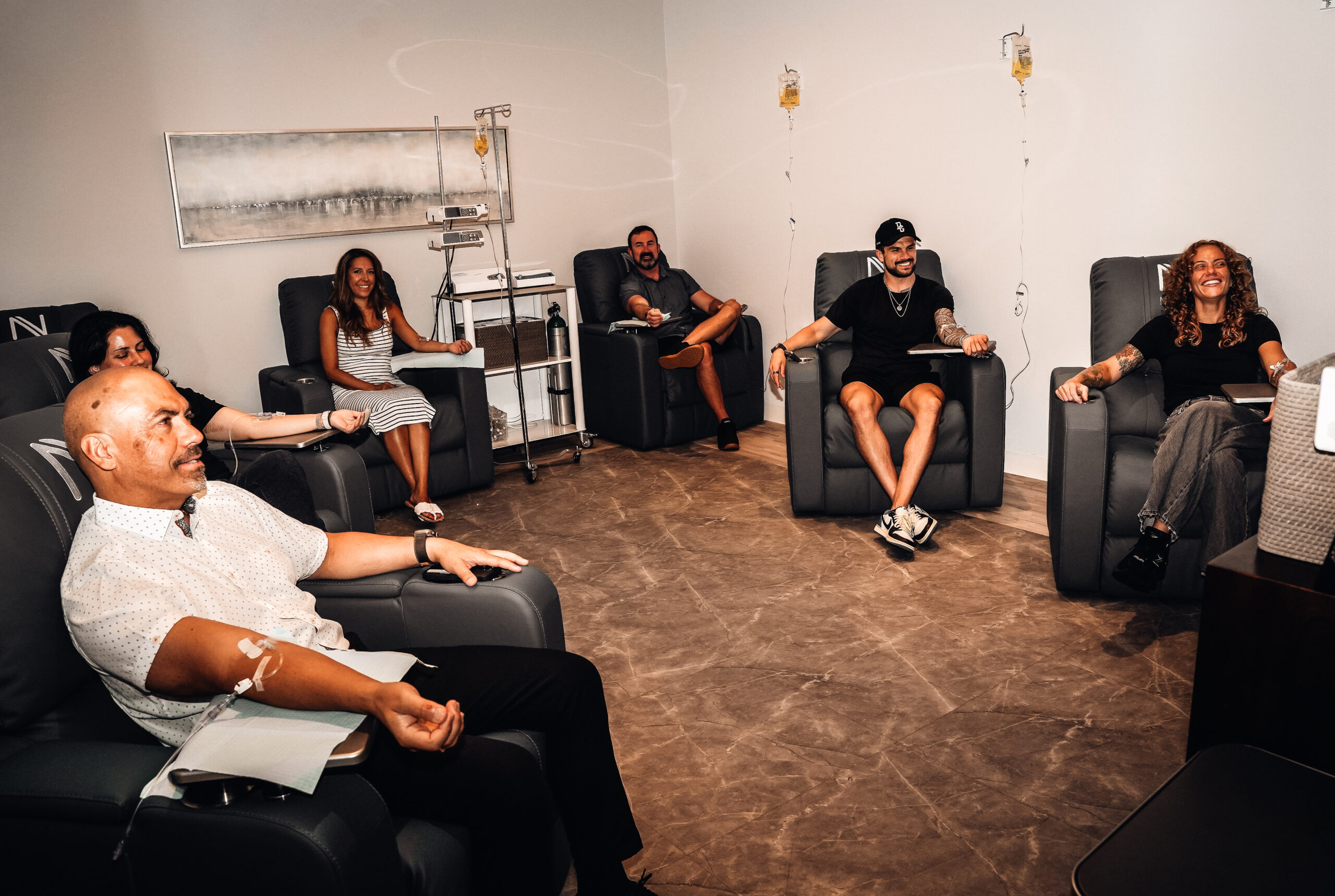The frontier of stem cell therapy is a land of incredible promise, offering new hope for those struggling with chronic pain, degenerative diseases, and injuries. But like the fabled American “Wild West,” this new territory is largely unregulated, filled with both honest prospectors and opportunistic charlatans. For patients actively seeking treatment, this landscape can be confusing and dangerous.
At Nava Health, we believe that every patient deserves to be empowered with knowledge. This guide is your essential map to navigating the “Stem Cell Wild West,” helping you confidently identify a reputable stem cell clinic and avoid the common pitfalls and stem cell therapy red flags that put vulnerable patients at risk.
Section 1: The Promise vs. The Peril
Stem cell therapy holds immense potential, and legitimate research is unlocking new ways to harness the body’s natural healing capabilities. However, a significant gap exists between what is scientifically proven and what is being commercially offered. A truly reputable stem cell clinic will always be transparent about the science behind its treatments, distinguishing between established procedures and those that are still part of ongoing clinical research.
The peril lies in clinics that operate outside of these ethical and scientific boundaries. They prey on hope, offering unproven “cures” without any scientific basis or regulatory oversight, often at exorbitant prices.
Section 2: The Red Flag Checklist: What to Avoid
When you begin your search for a clinic, be on high alert for these tell-tale signs of a scam. Identifying these stem cell therapy red flags is the first step in avoiding scams.
- Unrealistic “Cures”: Be extremely skeptical of any clinic that guarantees a cure or promises to treat a wide range of unrelated conditions (e.g., autism, Parkinson’s, and arthritis) with the same single treatment. Legitimate therapies are highly specific.
- Secrecy and Vagueness: If a clinic is unwilling or unable to explain what kind of stem cells they use, where they are sourced from (e.g., umbilical cord, adipose tissue), or the specific mechanism of action, it’s a major red flag. Transparency is a cornerstone of trust.
- Exaggerated or Anecdotal Claims: While patient testimonials can be inspiring, they are not scientific evidence. A clinic that relies solely on emotional stories instead of published, peer-reviewed data to justify their treatments is likely overstating its capabilities.
- High-Pressure Sales Tactics: A trustworthy clinic will give you time and space to make an informed decision. Watch out for clinics that push for an immediate deposit, a one-time discount, or claim that “spots are limited.”
- Lack of Physician Expertise: Always verify the credentials of the physician. Are they board-certified? Do they have specialized training in regenerative medicine? Does their expertise align with the treatment being offered?
Section 3: The Green Light Checklist: Questions to Ask
Now that you know what to avoid, here are the critical questions to ask that will help you find a reputable stem cell clinic. These questions are designed to empower you with the information you need to make an informed decision.
- “What are the specific cells you are using and where do they come from?” A legitimate clinic will provide a clear, scientific answer.
- “Can you provide published, peer-reviewed data on the success of this therapy for my specific condition?” This is the gold standard of scientific validity.
- “What are the potential side effects and risks?” Any medical procedure carries risks. A trustworthy provider will be upfront and honest about them.
- “What are the credentials of the provider performing the procedure?” Don’t be shy about asking for proof of board certifications and specialized training.
Section 4: The Nava Health Difference
At Nava Health, our philosophy is to bring ethics and expertise to the forefront of regenerative medicine. We understand the hope that brings you to this journey, and we meet it with an unwavering commitment to transparency and patient safety. Our team of highly trained professionals provides treatments that are grounded in scientific evidence, ensuring you receive care that is both effective and ethical.
We pride ourselves on offering clear, detailed information about our procedures, our team’s credentials, and the expected outcomes, so you can feel secure in your decision. To learn more or to find a Nava Health location near you, please explore our specific stem cell therapy pages:
Conclusion
Navigating the “Stem Cell Wild West” requires diligence and an informed perspective. By using this guide, you can empower yourself to recognize the signs of a scam and ask the right questions to find a reputable stem cell clinic. Your health and safety are too important to risk on empty promises.
Choose a clinic that prioritizes your well-being, is transparent in its practices, and stands on a foundation of scientific integrity. In doing so, you can leave the lawless frontier behind and begin your healing journey on a safe and trusted path.
Frequently Asked Questions (FAQs)
1. Are all stem cell clinics the same?
No, absolutely not. The quality and ethics of clinics vary widely. A reputable stem cell clinic adheres to strict ethical and scientific standards, while others may offer unproven or even dangerous treatments. It is critical to do your research.
2. What kind of stem cells should I ask about?
You should ask a clinic to specify if they are using autologous (from your own body) or allogeneic (from a donor) cells. Also, ask about the specific cell type, such as mesenchymal stem cells (MSCs), and where they are sourced from (e.g., bone marrow, adipose tissue, umbilical cord).
3. Should I be concerned if a clinic guarantees a cure?
Yes, this is a major red flag. No ethical medical clinic can guarantee a cure. A reputable provider will discuss success rates and potential outcomes based on clinical data, not absolute guarantees.
4. Is stem cell therapy FDA-approved?
The FDA has approved a few stem cell-based products, primarily for specific blood and immune system diseases. However, the majority of stem cell therapies offered commercially are not FDA-approved for the conditions they treat. A reputable clinic will be transparent about this and explain the regulatory status of its treatments.
5. How much does stem cell therapy cost?
The cost can vary significantly depending on the type of procedure, the complexity, and the clinic’s fees. Be wary of clinics that charge a flat, one-size-fits-all fee without a proper medical evaluation. A trustworthy clinic will provide a detailed cost breakdown and explain why the pricing is what it is.
6. How can I verify a doctor’s credentials?
You can verify a doctor’s expertise in regenerative medicine by checking their specialized training and experience in stem cell and other advanced therapies. A reputable stem cell clinic should make their physicians’ regenerative medicine credentials and relevant certifications easily accessible on their website
7. What should a first consultation feel like?
A consultation with a reputable stem cell clinic should feel like a collaborative, educational experience. The doctor should listen to your history, answer all your questions to ask, explain the procedure in detail, and discuss all potential risks and benefits. It should never feel like a high-pressure sales pitch.



